Despite the fact that it’s been around for thousands of years, oil pulling has just recently started getting more attention in the popular media. It’s claimed to help with everything from bad breath to acne, and since I’ve always been a fan of alternative therapies, I decided to experiment with it myself and see what all the fuss was about. I’ve been oil pulling for close to two months now, and since many of you asked, I figured I’d share my thoughts on it so far…
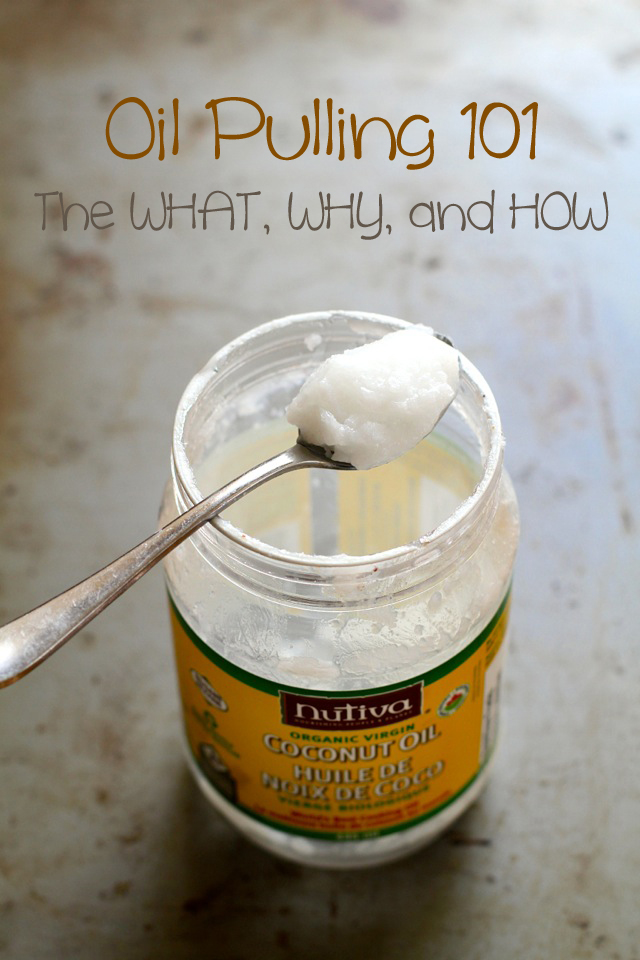
What is oil pulling?
Oil pulling is an ancient Ayurvedic detoxification technique which involves swishing a tablespoon of oil (usually sesame, coconut, or olive) around in your mouth for up to 20 minutes before spitting it out and going about your normal brushing/flossing routine. The oil supposedly pulls toxins out of the mouth and throat, which not only improves oral health, but goes on to affect the rest of the body as well.
The idea is that the oil mixes with the water and enzymes in your saliva to create an emulsion that binds to the bacteria that live in your mouth and pulls them out of your teeth and gums. The oil itself goes from being thin and clear to viscous and cloudy — in other words, loaded with bacteria. I know it sounds gross, but that’s what’s living in your mouth anyways, so flushing it out is a good thing.
What are the benefits of oil pulling?
The most obvious benefit of oil pulling is improved oral health. Most people claim to see an improvement in overall mouth cleanliness and appearance, with reports of whiter, smoother, and less sensitive teeth being quite common. Additionally, a cleaner mouth means a reduction in the likelihood of developing diseases such as cavities and gingivitis, as well as a reduction in halitosis (bad breath).
There isn’t a lot of scientific literature out there concerning the benefits of oil pulling, but I did manage to come across a few studies:
The effect of oil pulling on Streptococcus mutans count in plaque and saliva
The effect of oil pulling on dental caries causing bacteria
The effect of oil pulling on plaque induced gingivitis
These articles suggest that oil pulling does indeed result in a statistically significant reduction in gingivitis as well as a reduction in the total count of bacteria in the mouth. Not too shabby. Unfortunately, hard scientific evidence surrounding the effectiveness of oil pulling beyond oral health is somewhat lacking, and most of the alleged benefits are anecdotal. I’ve come across hundreds of personal accounts online from people who’ve claimed that oil pulling has helped them with things like…
- acne, eczema, and psoriasis
- insomnia
- headaches
- hormone imbalances
- sinus congestion
- allergies
- digestive complaints
… but reports like those, while tempting, should obviously be taken with a grain of salt.
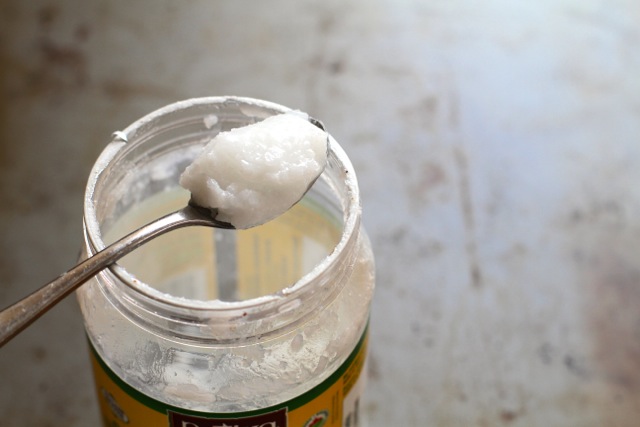
How to oil pull effectively
- Measure out a tablespoon of oil and put it in your mouth. You’ll want to use either coconut, olive, or sesame oil, and have it be organic if possible. Also, if you find that you’re having a hard time with feeling like you might gag, you may be using too much oil. Try again with a smaller amount.
- Swish the oil around in your mouth for 15 – 20 minutes. If you can’t handle the full 20 minutes at first, do what you can and work your way up from there. And if your jaw muscles start to tire, it probably means that you’re swishing too vigourously. You don’t need to swish like a mad[wo]man to see results — slow and steady is just fine.
- After 20 minutes, spit the oil into the trash can. Do NOT spit into the sink — the oil can stick to the pipes and lead to drainage problems over time. You’ll notice that the oil turned viscous and cloudy — this is what you want to see.
- Rinse your mouth with warm water and brush your teeth. Hooray! You’re done! Give your mouth a quick swish with warm water before going about your morning brushing/flossing routine.
Although you can oil pull at any time of the day, it is usually recommended to do so first thing in the morning, before you’ve had anything to eat or drink. I make a beeline for my kitchen as soon as I get out of bed, and swish while I prep my breakfast and do some blog reading. The time goes by pretty quickly, and I don’t usually find it to be too much of a burden. Keeping yourself occupied is key. And if you can’t do it every day, even 3-4 times a week is beneficial.
My personal experience with oil pulling
I’ve been oil pulling for close to 2 months now, and while I definitely noticed a handful improvements pretty quickly (whiter, cleaner feeling teeth), it was my latest trip to the dentist that really convinced me of its effectiveness.
Let me start by saying that I’m pretty anal about my oral health. I brush with an electric toothbrush 2-3 times a day, floss every night, and go to the dentist every 6 months for a cleaning [and have been for years]. I’ve managed to avoid getting cavities for a while, but my gums would bleed occasionally when I flossed, my teeth were pretty sensitive to hot/cold/whitening products, and I’d still have a build-up of plaque by the time my cleanings rolled around.
Now for the good part… Most cleanings would take around 45 minutes — my latest one took 20 and my hygienist was shocked at how clean my mouth was. Another thing worth noting was that my gums didn’t bleed at all while she was poking and probing them, nor were they sore after my visit. My hygienist said this was the healthiest my teeth have ever been, and I’m 99.9% sure that oil pulling was responsible for that since that’s the only thing that changed between my visit 6 months ago and my visit earlier this week.
I’ve noticed a few other improvements in terms of sleep, energy, skin, and digestion as well, but again… those ones are a little harder to attribute to oil pulling alone, so I won’t say much about them.
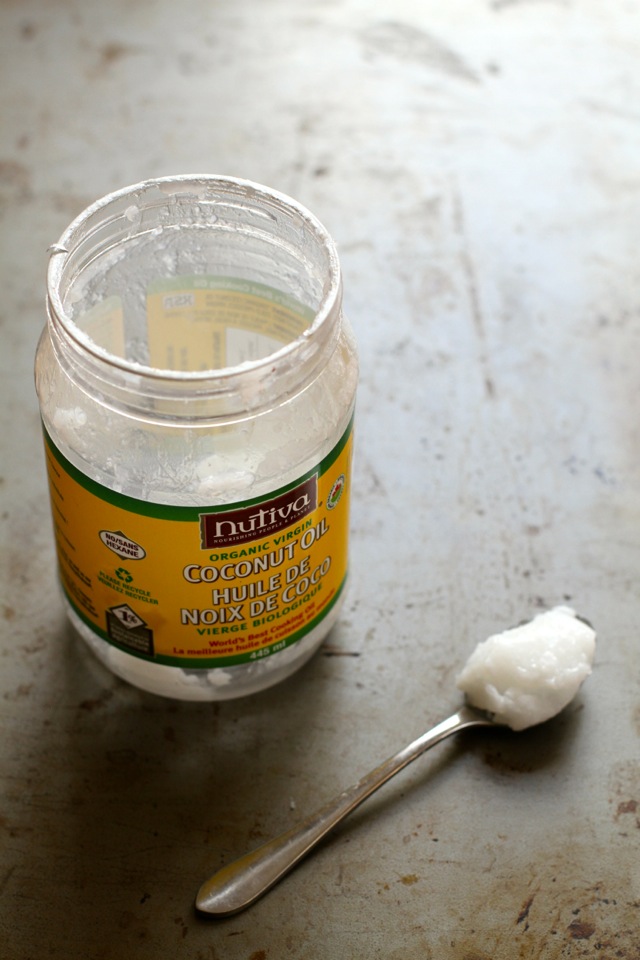
The takeaway
I’m not going to tell you that oil pulling will change your life, because I don’t know that it will. As with anything else, it’s definitely not a miracle cure-all, nor is it a replacement for a traditional oral hygiene routine. Different people will respond to it in different ways, so it’s important to pay attention to how your body reacts. I do know that oil pulling has done good things for me and that I’ll be keeping up with it for quite some time. It’s an inexpensive and beneficial supplemental therapy, and even if all it does is clean your teeth a little better, good oral health then goes on to affect so many other systems of your body as well.

Have you ever tried oil pulling?
Is it something you’d consider doing?
More places to find me!
E-mail — [email protected]
Twitter — runwithspoons
Facebook — runningwithspoons
Pinterest — runwithspoons
Instagram — runwithspoons
Bloglovin — runningwithspoons

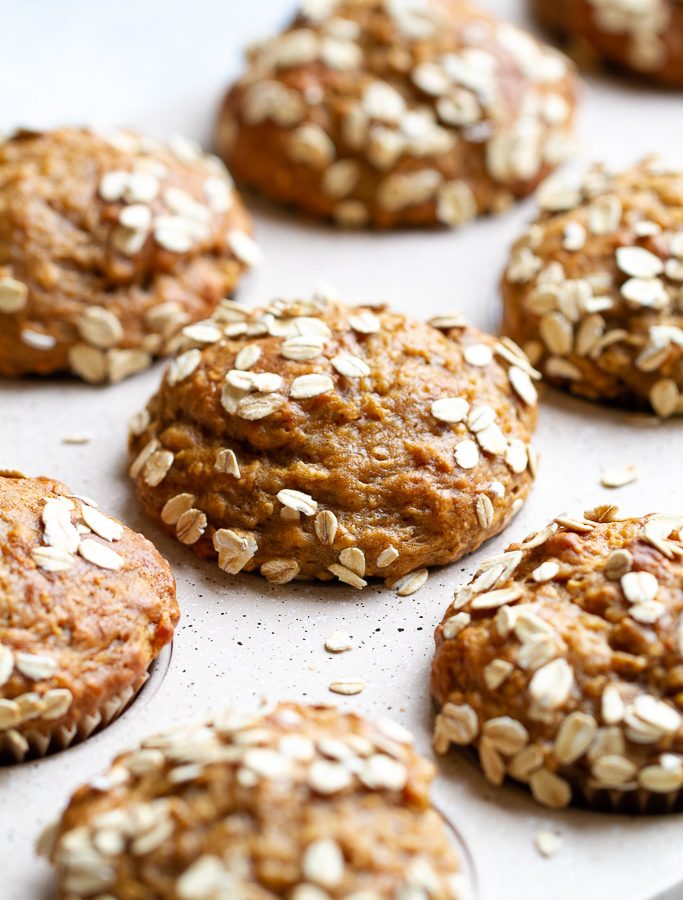
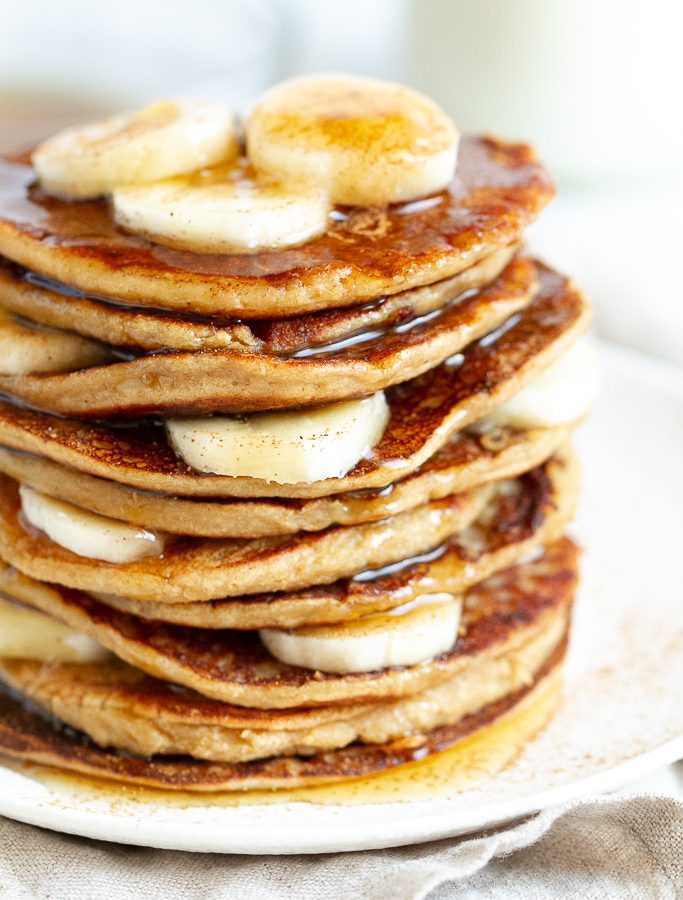
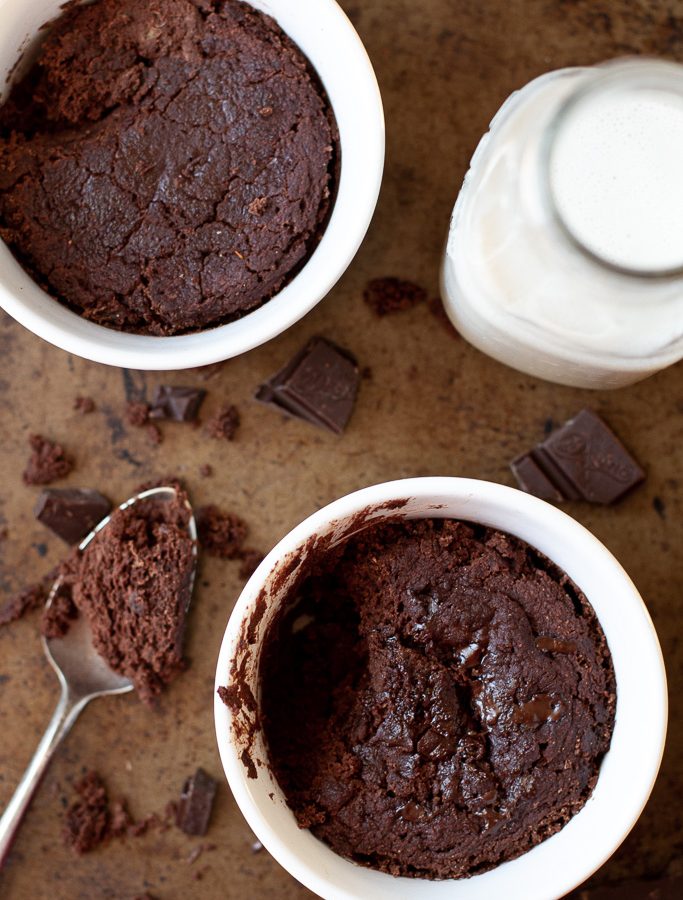
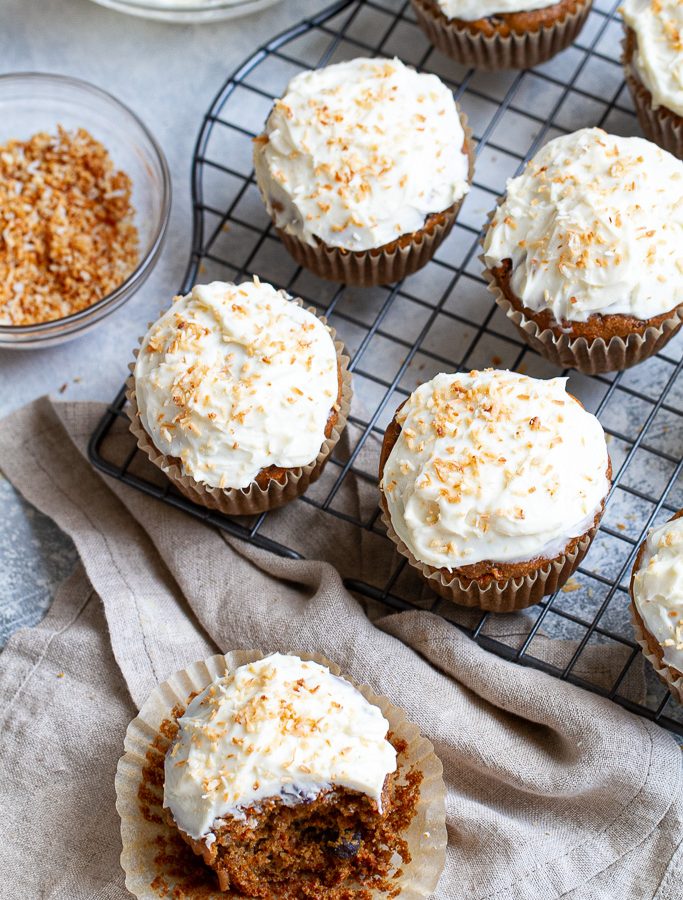
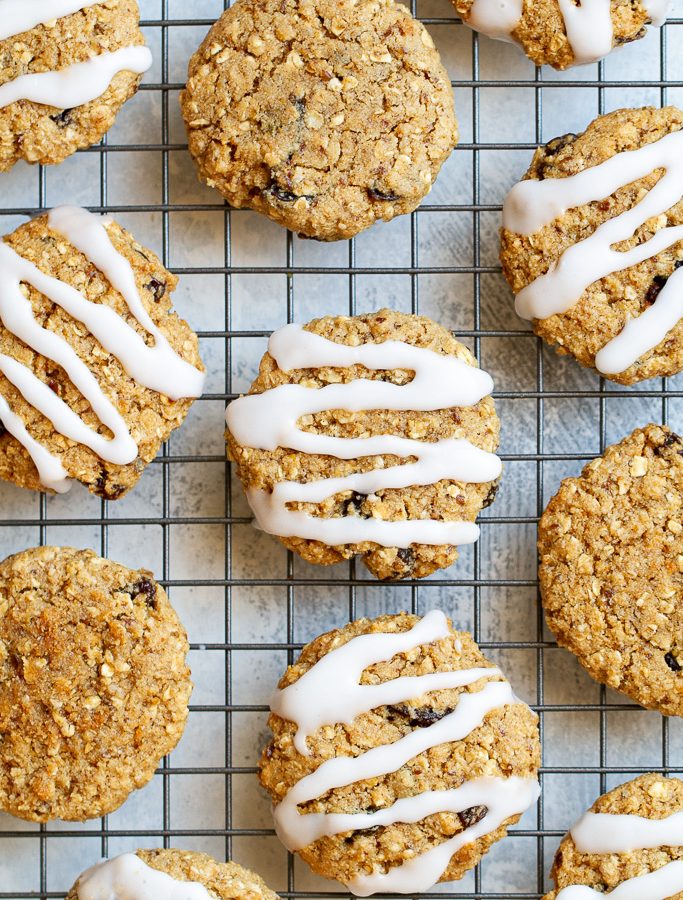
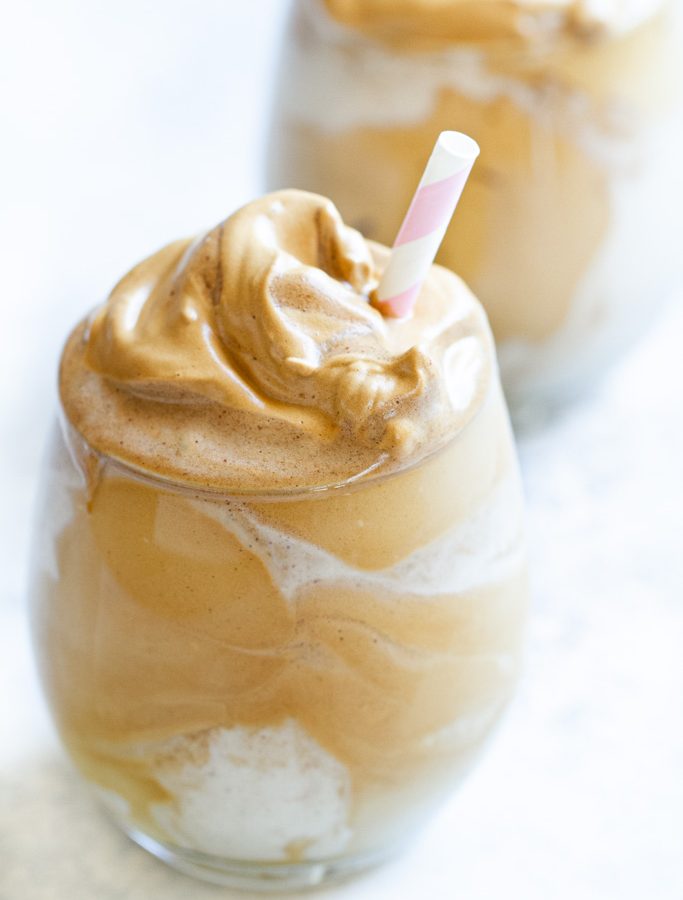
I have been doing it and find it starts my day off in a good way. I usually swish with salt water and than brush. I follow it with a glass of water. My only problem has been when I leave for a trip its easy to get out of the routine when you get back. I too think it made a difference at my last dental appt.
Ok, I have to admit…I almost skipped this post because just the thought of swishing oil around in my mouth made me gag, but wow…you’re experience at the dentist! We didn’t have dental insurance when I was a kid so going to the dentist regularly is something that I’ve only done since I’ve become an adult (which I will only came on certain days). Besides a few cavities, I’ve been extremely lucky to not have any problems BUT I will say that I have a hard time with my gums bleeding/feeling sore after cleanings. I am definitely intrigued by this. Hmm, might have to pysch myself up for it though! lol
I have some coconut oil I use for cooking and have been curious to try oil-pulling just to see what the fuss is about. I keep forgetting to do it, though! Poster child for ADD, right here.
That sign is hilarious, by the way.